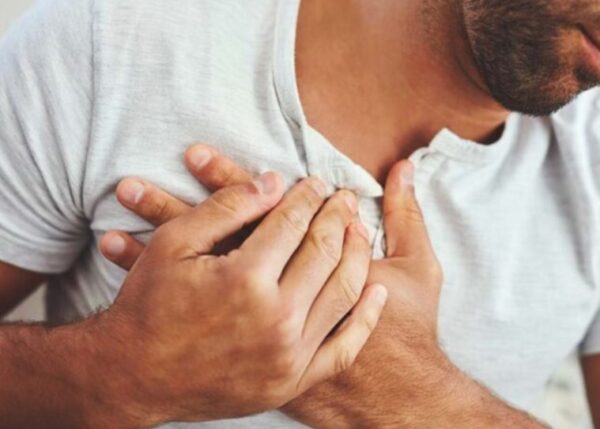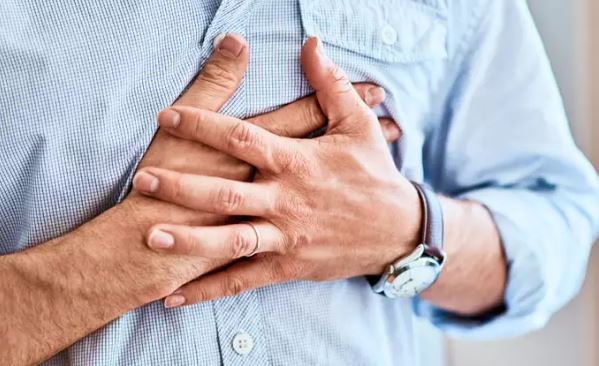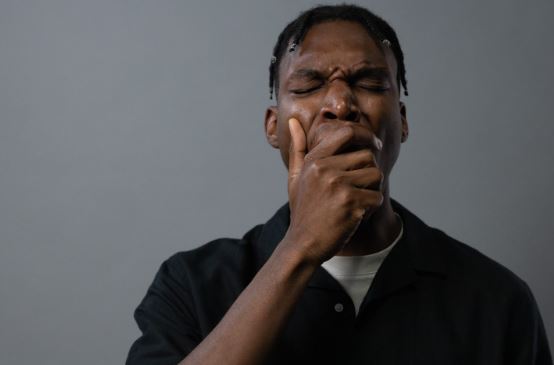Lifestyle
Did you know excessive yawning could be a warning sign of an impending heart attack?

A heart attack is a serious medical emergency that requires immediate attention. It is a condition in which the flow of blood to the heart is blocked, leading to disruption in the transportation of oxygen and the heart muscle begins to die.
The condition can easily be evaded if we pay attention to the signs. But the problem is that not all heart conditions come with clear warning signs.
For most people chest pain and falling on the ground are the obvious signs of heart attack, that’s what we have picked up from the movies.
Contrary to this, some symptoms don’t even happen close to your chest and are easily overlooked and to your surprise, excessive yawning is one of them.
The connection between yawning and heart attack
Yawning is a mystery in the world of medical science. Several efforts have been made to decode it, but scientists have not gained much success. As per some studies yawning helps to promote blood oxygenation and brain cooling.
It is believed that excessive yawning is related to a vagus nerve, which runs from the bottom of the brain down to the heart and stomach. In some cases, people yawn too much when there is bleeding around the heart. This reflex phenomenon is also linked with stroke.
As per studies excessive yawning may happen before or after a stroke. Other symptoms accompanied with it are numbness, dropping lower face, weakness in arm and difficulty in speaking. As per health experts, those who yawn too much during exercise, especially on hot days may be at risk of a heart attack.
Other signs of excessive yawning
Yawning is not only linked with heart attack and stroke, but with several other health conditions like:
- Brain tumour
- Epilepsy
- Multiple sclerosis
- Liver failure
- Body’s inability to control its temperature
What you should do
If you notice a sudden increase in yawning, for no apparent reason then consult your doctor. The sooner you seek medical help, the better it will be for your health. The doctor will find out the reason behind it and may prescribe medication accordingly. If it happens due to poor sleep then your doctor will recommend medications or techniques for getting more restful sleep like breathing devices, reducing stress and changing the sleeping routine.










